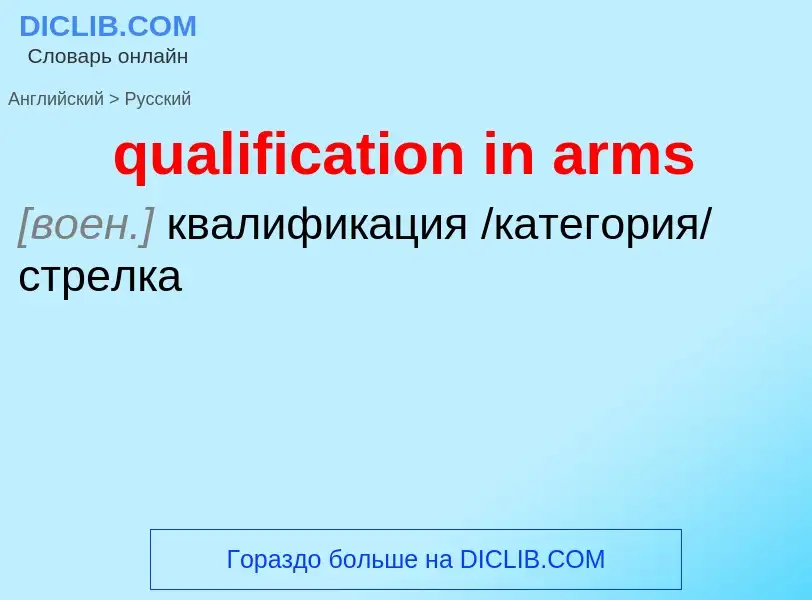Traduction et analyse de mots par intelligence artificielle ChatGPT
Sur cette page, vous pouvez obtenir une analyse détaillée d'un mot ou d'une phrase, réalisée à l'aide de la meilleure technologie d'intelligence artificielle à ce jour:
- comment le mot est utilisé
- fréquence d'utilisation
- il est utilisé plus souvent dans le discours oral ou écrit
- options de traduction de mots
- exemples d'utilisation (plusieurs phrases avec traduction)
- étymologie
qualification in arms - traduction vers russe
общая лексика
герб
сокращение
[Annual Reliability and Maintainability Symposium] ежегодный симпозиум по надёжности и ремонтопригодности
Définition
Wikipédia
Babes in Arms is a 1937 coming-of-age musical comedy with music by Richard Rodgers, lyrics by Lorenz Hart and book by Rodgers and Hart. It concerns a group of small-town Long Island teenagers who put on a show to avoid being sent to a work farm by the town sheriff when their actor parents go on the road for five months in an effort to earn some money by reviving vaudeville.
Several songs in Babes in Arms became pop standards, including the title song, "Where or When", "My Funny Valentine", "The Lady Is a Tramp", "Johnny One Note" and "I Wish I Were in Love Again".
The film version, released in 1939, starred Judy Garland and Mickey Rooney and was directed by Busby Berkeley. Its radically revised plot retained only two songs from the original stage version—"Where or When" and "Babes in Arms". The film is credited with popularizing the "kids putting on a musical for charity" trope.
The original version had strong political overtones with discussions of Nietzsche, a Communist character, and two African-American youths who are victims of racism. In 1959 George Oppenheimer created a "sanitized, de-politicized rewrite" which is now the most frequently performed version. In the new version, the young people are trying to save a local summer stock theatre from being demolished, not trying to avoid being sent to a work farm. The sequence of the songs and orchestration are changed drastically, and the dance numbers eliminated.
The sanitized version was the only one available for performance until 1998 when the Cincinnati College Conservatory of Music presented the original version (with a few race references slightly re-edited).


![Rudy brandishing an ARM from ''[[Wild Arms Alter Code: F]]''. Rudy brandishing an ARM from ''[[Wild Arms Alter Code: F]]''.](https://commons.wikimedia.org/wiki/Special:FilePath/AlterCodeFGame01.png?width=200)
![Cover to the ''Wild Arms Flower Thieves'' [[manga]] collection. Cover to the ''Wild Arms Flower Thieves'' [[manga]] collection.](https://commons.wikimedia.org/wiki/Special:FilePath/WildArmsFlowerThieves.png?width=200)
